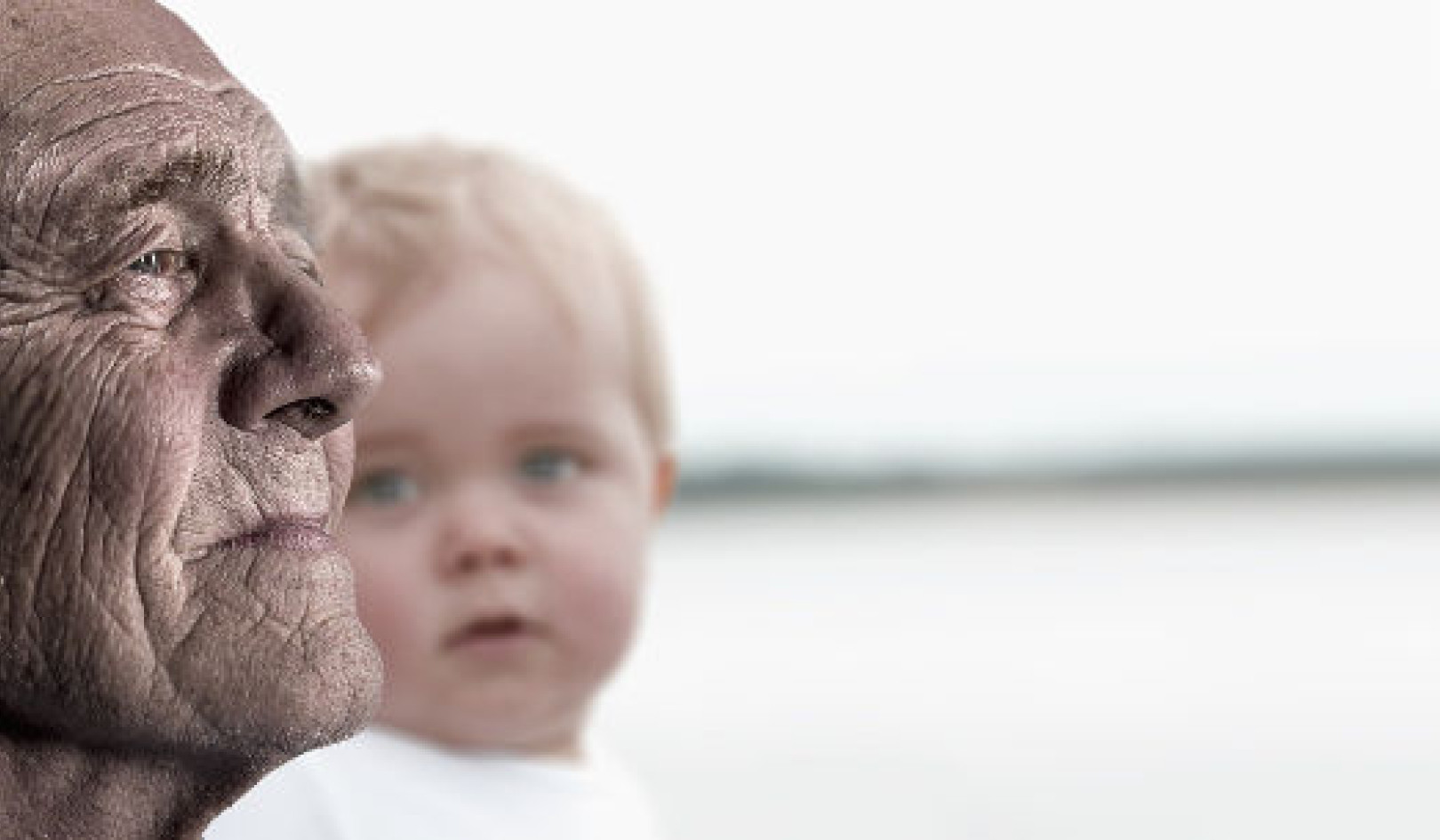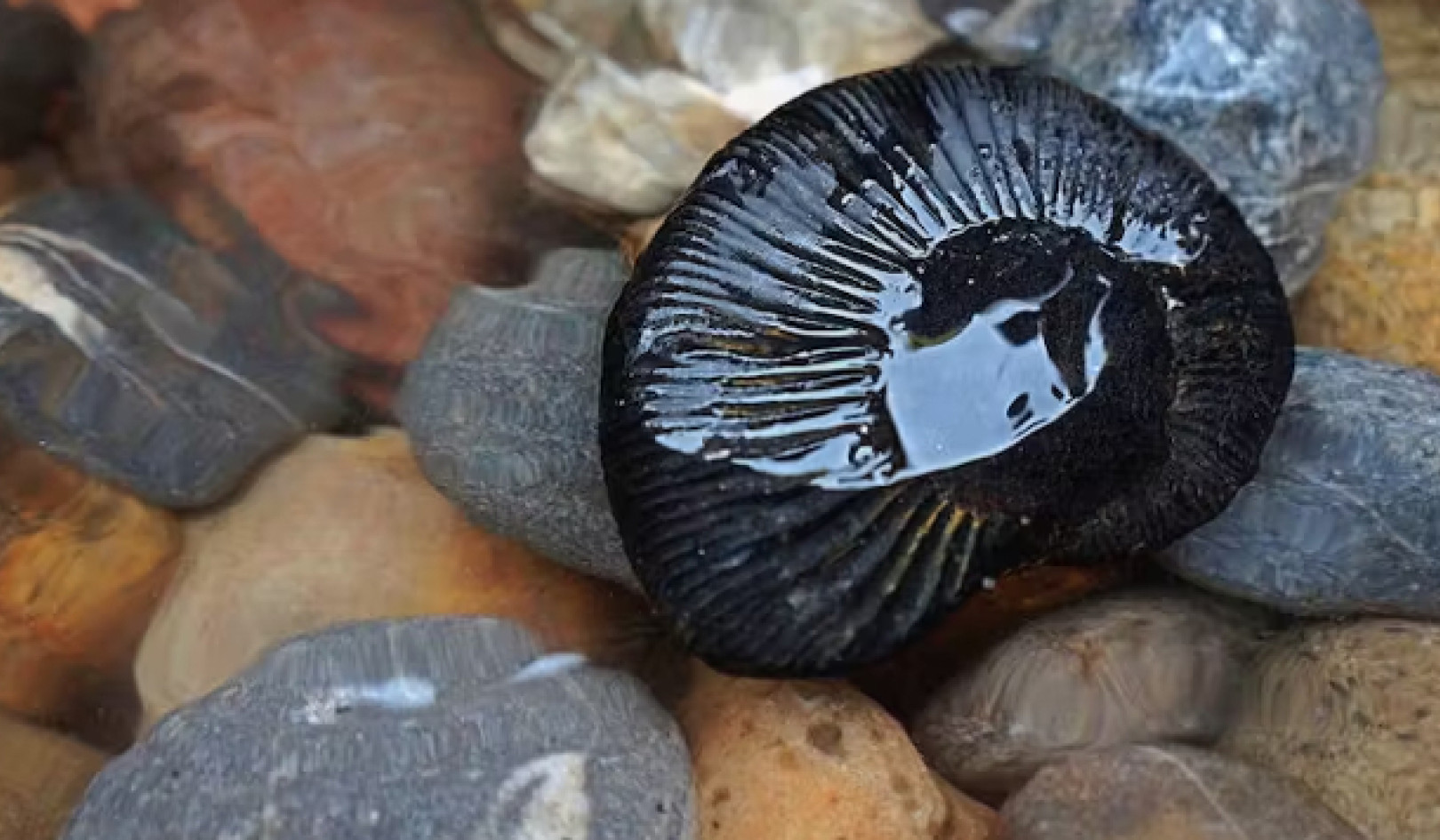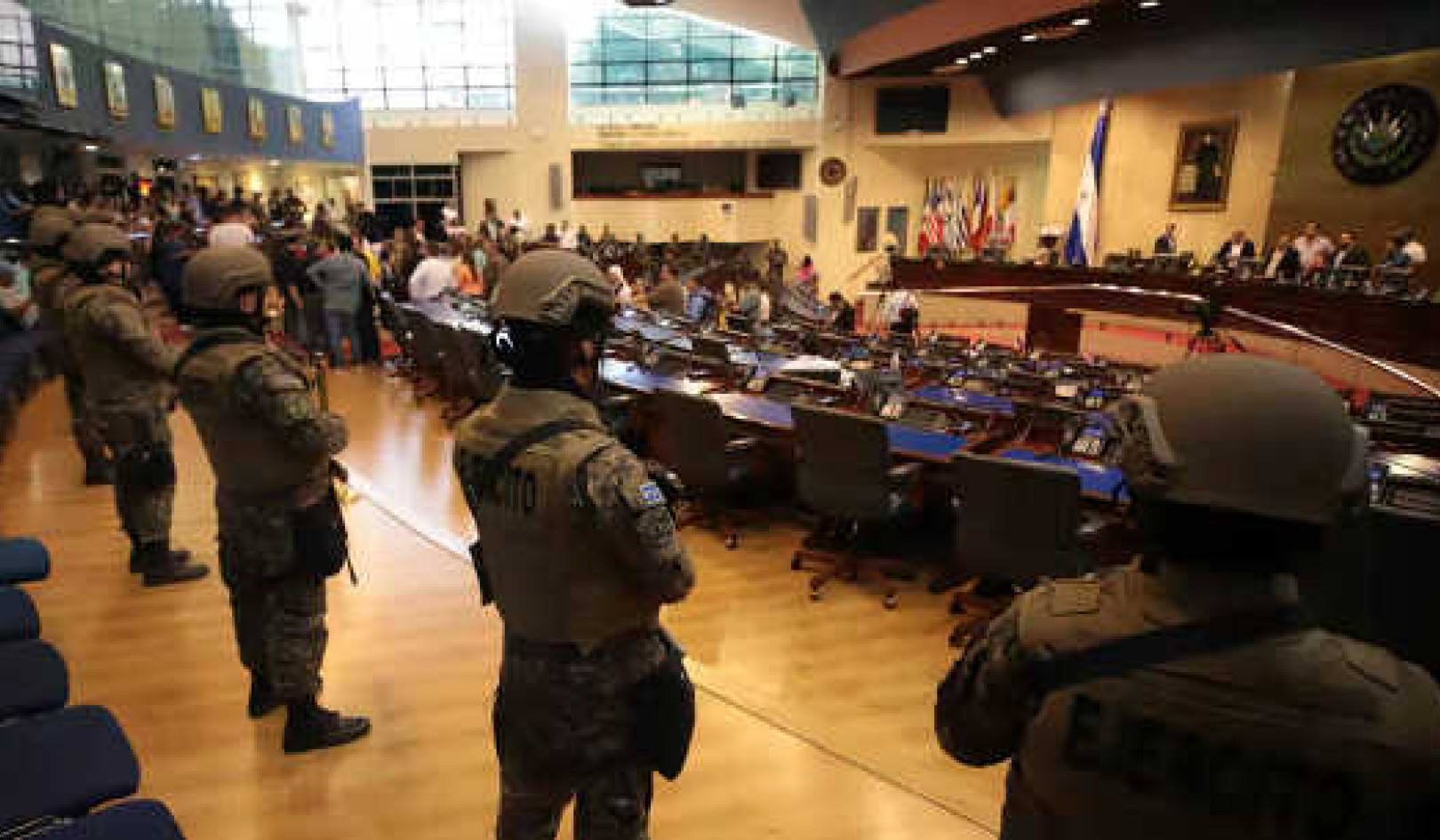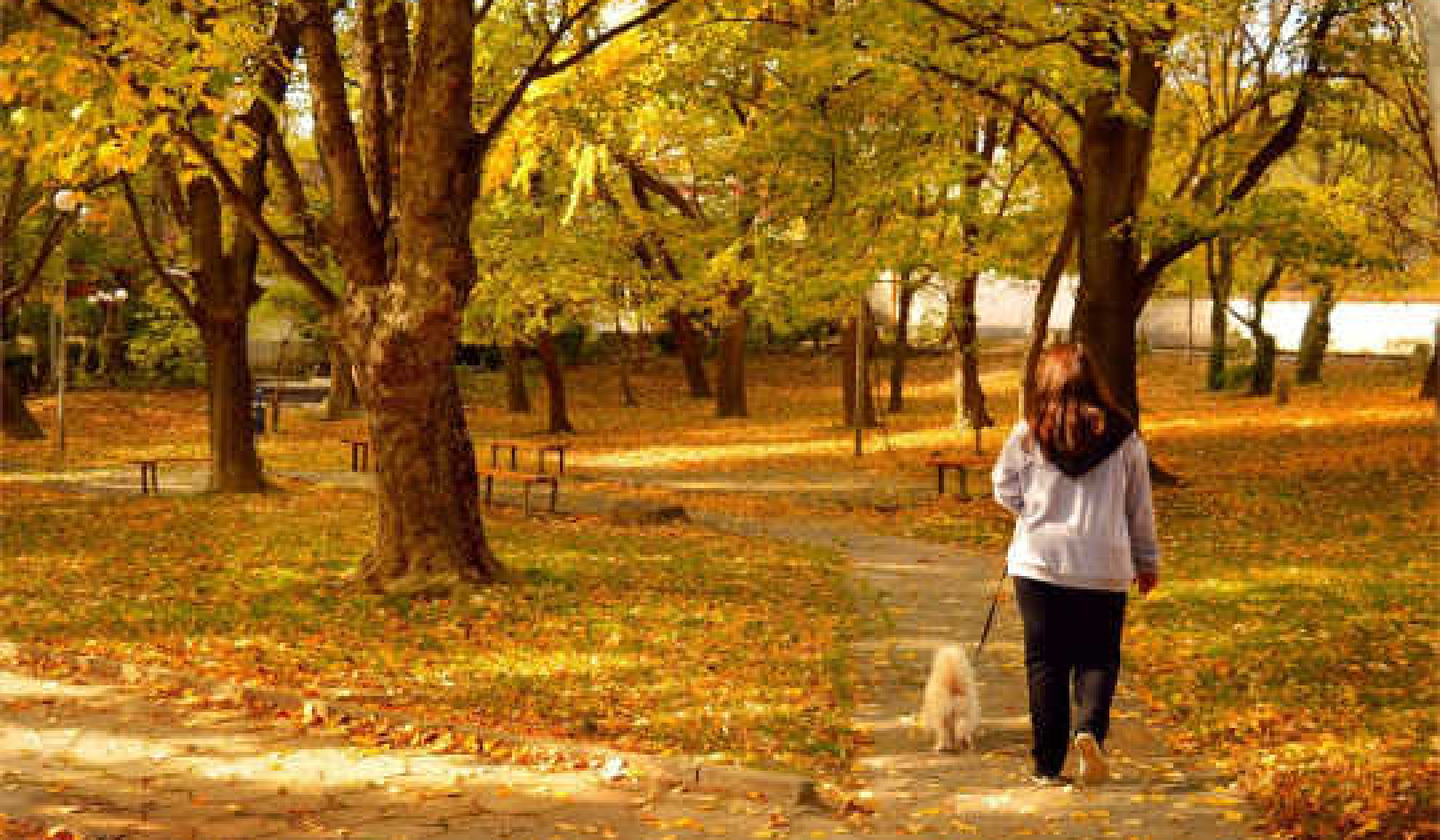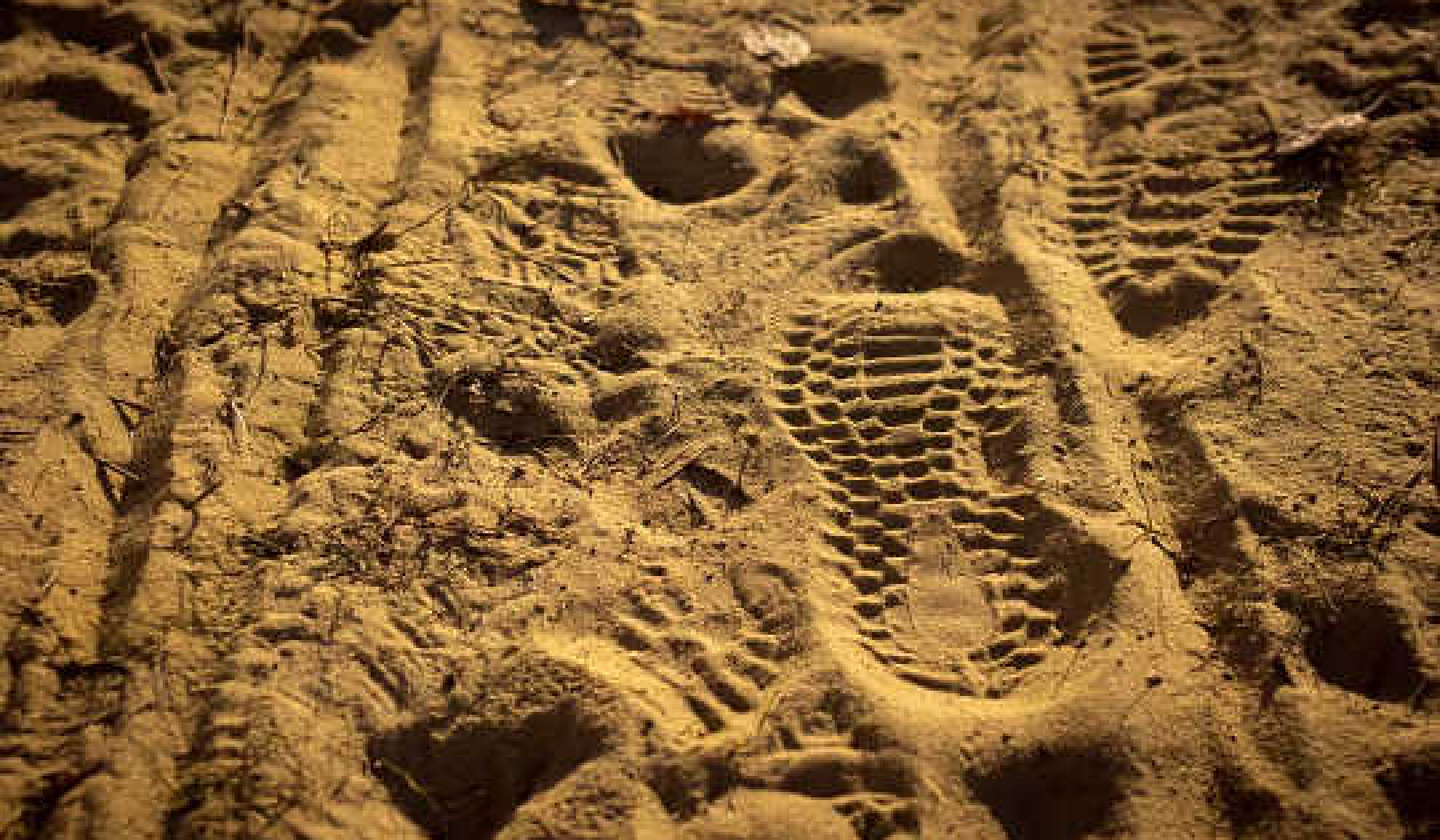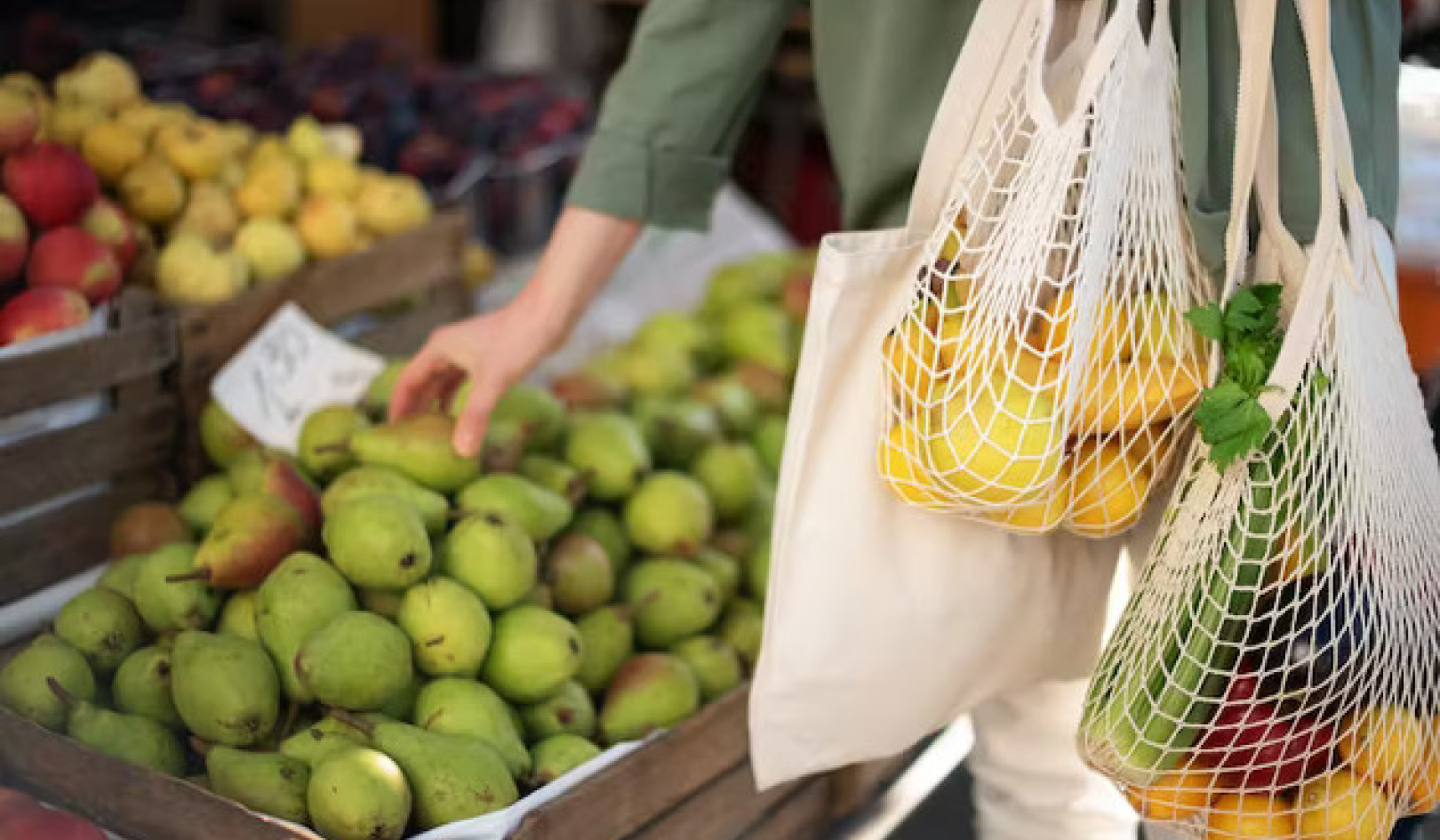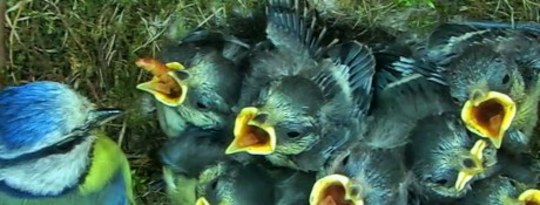
 f the weather turns cold humans put on extra clothes while birds build a bigger, snugger nest to keep them warm while incubating their eggs. But birds have to sit on their eggs for two weeks or more to hatch them and can be caught out by rapidly changing weather conditions, badly affecting their breeding success, scientists have discovered.
f the weather turns cold humans put on extra clothes while birds build a bigger, snugger nest to keep them warm while incubating their eggs. But birds have to sit on their eggs for two weeks or more to hatch them and can be caught out by rapidly changing weather conditions, badly affecting their breeding success, scientists have discovered.
Researchers at the University of Lincoln in the east of England believe that climate change, with its unpredictable weather patterns, poses a serious risk for birds during this critical period. The incubating eggs have to be kept at a constant temperature if the chicks are to develop and hatch successfully.
Dr Charles Deeming, senior lecturer at the University, writing in the April edition of the Society of Biology’s magazine, The Biologist, has been studying the construction of the nests of blue and great tits in nest boxes on the campus at Riseholme Park.
Individual birds built completely different nests each year depending on the weather at the time of construction. In a cold spell the nest was much heavier and lined with moss or sheep’s wool, while in warm weather a light and poorly-insulated nest was regarded as adequate. The first egg was laid as soon as the nest was complete.
The Problem Is The Unexpected
The problem for the birds is that in Britain the spring weather has been particularly unpredictable in the last two years. In both 2011 and 2012 early spells of warm weather were followed by much lower temperatures. The result on the Riseholme campus was a devastating effect on reproductive success.
While the blue and great tits use a variety of materials for nest construction, some species rely on particular plants to line their breeding quarters. Dr. Deeming says that if climate change causes these plants to become extinct locally it could affect the birds’ breeding success, and he concludes that more study is needed to find out how local climate can affect nest construction and so reproductive success.
Dr Mark Downs, chief executive of the Society of Biology, said: “Climate change will have a large effect on our ecosystems and food production, and Dr Deeming’s research is one of many studies demonstrating that the effects will be complex and difficult to predict. It is essential that we continue to study how organisms adapt to climate change and how we can best mitigate its effects.”
About the Author
 Paul Brown is the joint editor of Climate News Network. He is a former environment correspondent for The Guardian newspaper and teaches journalism in developing countries. He has written 10 books ? eight on environmental subjects, including four for children ? and written scripts for television documentaries. He can be reached at [email protected]
Paul Brown is the joint editor of Climate News Network. He is a former environment correspondent for The Guardian newspaper and teaches journalism in developing countries. He has written 10 books ? eight on environmental subjects, including four for children ? and written scripts for television documentaries. He can be reached at [email protected]
 Book by this Author:
Book by this Author:
Global Warning: The Last Chance for Change
by Paul Brown.
Click here for more info and/or to order this book on Amazon.























